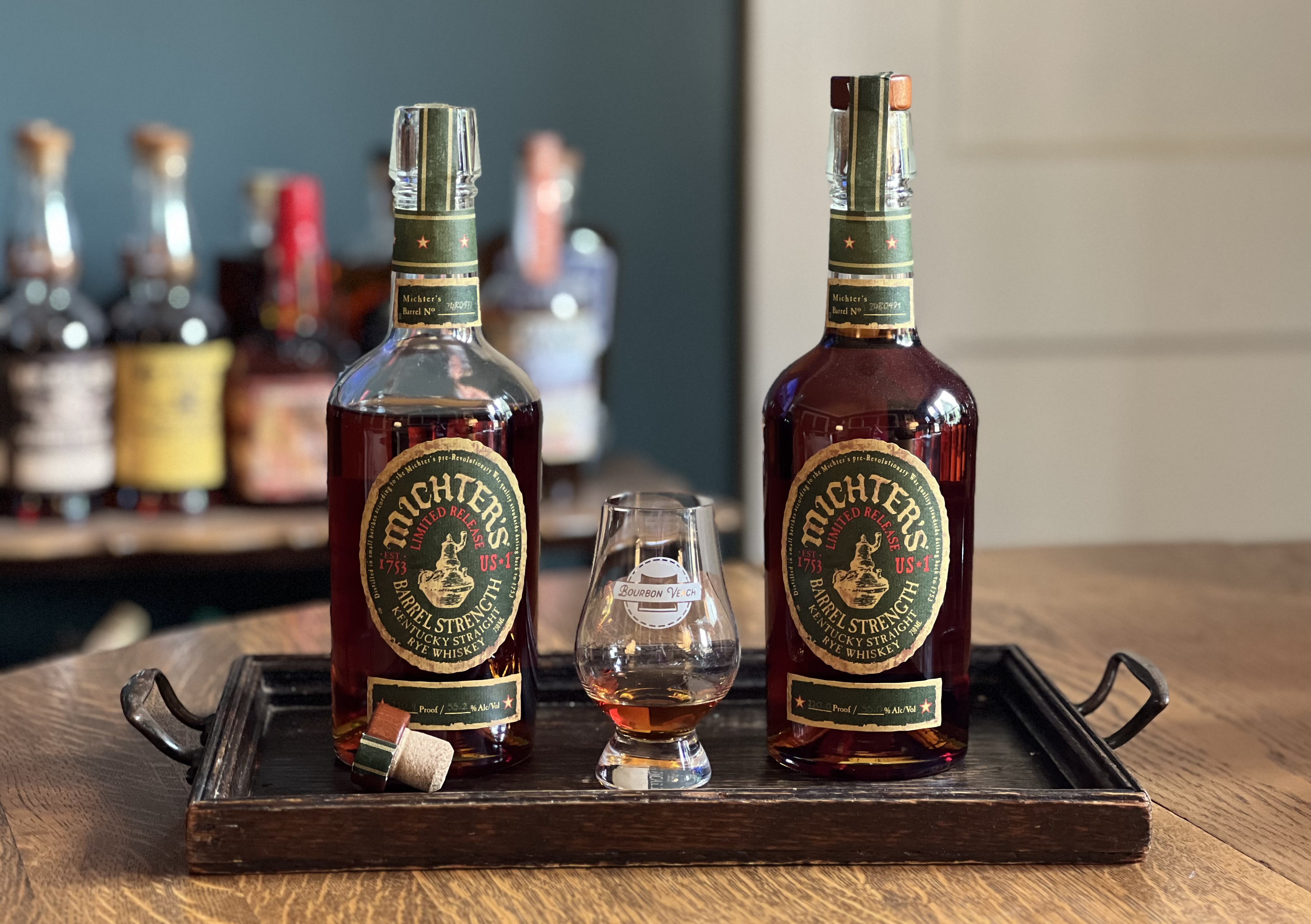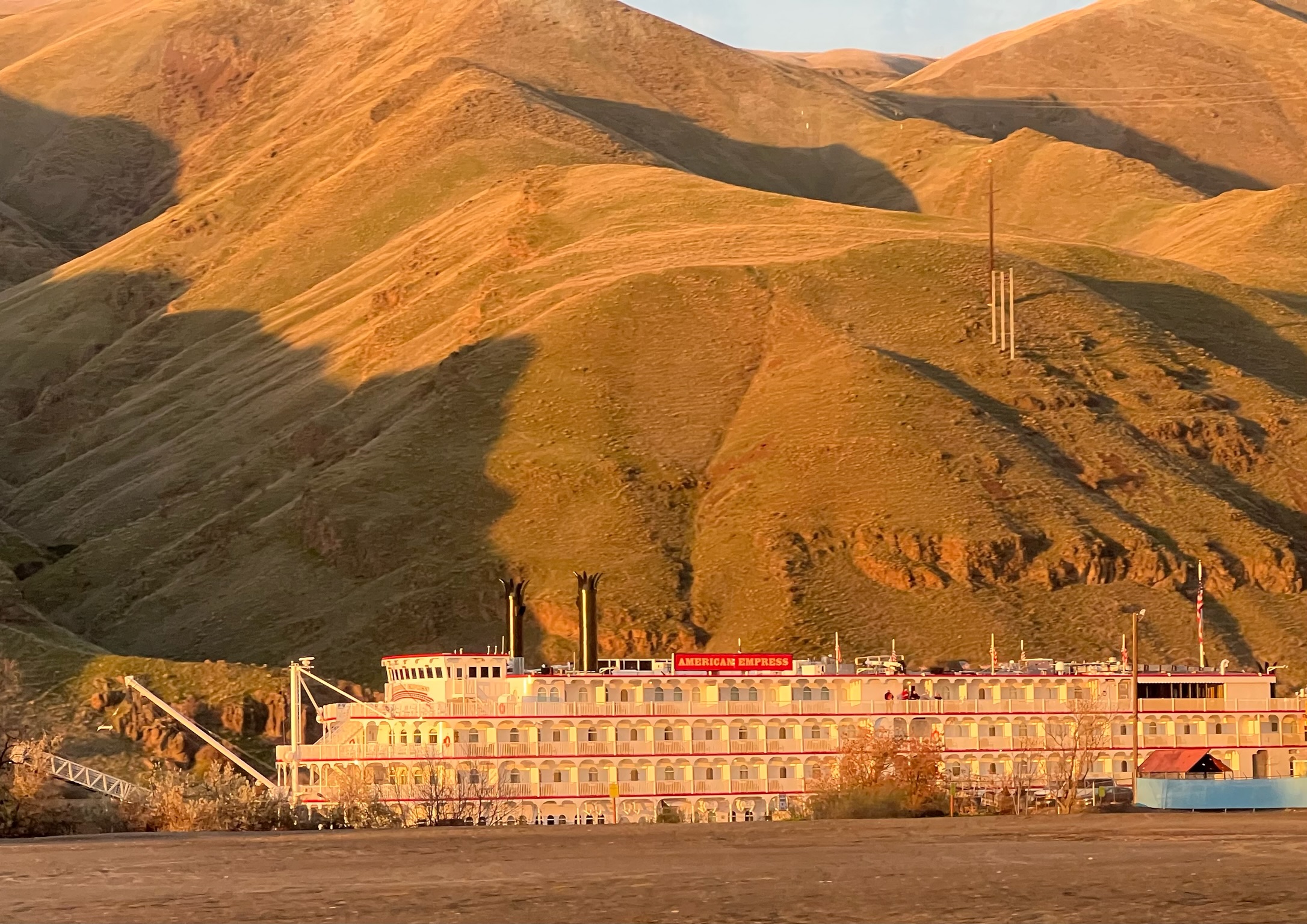Before prohibition Fruit Brandies were very popular in the United States. In the 18th century peach brandy demanded a higher price than whiskey in Kentucky taverns. Early Kentucky distillers often made both whiskey and brandy for their own use and for the local market. Brandy distillation was a smaller scale operation than whiskey distillation because it could only be made when the fruit was ripe and the cider was available. Apple, Pear and Peach were the fruits of choice and the demand was high. According to records found by Chester Zoeller’s research in Bourbon in Kentucky: A History of Distilleries in Kentucky, Kentucky had over 450 Brandy distillers in the period between the Civil War and prohibition and over 100 whiskey distillers that also made Brandy. These Brandy producers were small distilleries sometimes only making a few barrels a year but some made as much as 500 barrels a year. For the most part their Brandy was sold in the local market within a few miles of the distillery.
I had the pleasure recently of visiting the Starlight Distillery in southern Indiana, owned by the Huber family. They have been farming and making Brandy there since the family came to America from Germany. Like most Brandy distillers, prohibition destroyed their distilling business but in the last decade or so the family has brought back their distilling tradition and they are again distilling fruit and grape brandies as well as whiskey. I have three bottles of their fruit brandies and I also had to taste these same products from the barrel as I toured the distillery with Ted Huber and Lisa Wicker, their distillers. I am impressed with the depth of flavor and the quality of these products. I visited with Brandon O’Daniel from Copper & Kings and tasted these bottles and he helped me understand these brandies and here is what we found.
Peach Brandy: The Huber’s Peach Brandy is an 80 proof product with no age statement. The nose was very light and delicate with peaches and vanilla and Brandon detected a little honeydew melon. I detected something else but I am not sure it was honeydew melon but I can understand what he was saying. It was a sweet fruit type of aroma. The taste was very light peaches and vanilla and maybe that honeydew melon Brandon was detecting. The finish started dry with some oak but got some very ripe peach as it lasted and it lasted for quite a while. I tasted some of this brandy out of the barrel and the fruit was a bit more intense and richer with a nice peaches and cream finish. I wonder what this product would taste like at a 100 proof bottled-in-bond expression.
Apple Jack: Apple Jack is an expression of brandy that originates in the Ohio Valley as the brandy producers would use the smaller barrels used for aging whiskey instead of the larger brandy barrel used in European Apple Brandy. This gives it more barrel flavor and a dry finish. The Huber’s Apple Jack is an 83 proof product with no age statement. It had a sweet nose of Apple Betty – baked apples and vanilla/caramel and some sweet spices like nutmeg or allspice. The taste was ripe apple and caramel and some oak or even pecan. Brandon thought of an apple dipped in hot caramel. The finish was light and dry at first but quickly became a rich apple. When I tasted this out of the barrel I remember a bit more oak but still rich apple flavor.
Apple Brandy: Huber’s Apple Brandy is an 80 proof product with no age statement. The nose was very interesting as the first nosing was Apples and alcohol but as it sat for a few minutes and breathed it lost that alcohol twang and opened up with apple and vanilla. Brandon wondered if this should be decanted to open it up more before consuming. The first taste was a bit watery but as it breathed it got more of the sweet apple with vanilla and caramel with some spice. Brandon was thinking cloves. The finish starts sweet with apple but as it breathed it became more of a creamy finish like baked apples and cream. The barrel sample I tasted was not thin at all and had rich apple and caramel with some light oak.
While I was in the warehouse I also got to taste some aging Pear Brandy at three years old. They have not bottled this product yet but Ted promised me that he will let me know when they do. It was rich in flavor with pears, vanilla and a hint of oak and spice. It was indeed a very good product that will get even better with more age.
Fruit brandies were very popular in the past and I think as more and more small distilleries start up we will see the return of fruit brandies being sold in the local markets. For the same reasons as existed in the past it will be hard to produce the hundreds or thousands of barrels of true brandy needed to fill the demand of the national market without extending the product with neutral spirits or other methods. Besides Starlight Distillery, Copper & Kings is aging some very interesting apple brandies and they may venture into peach brandy as well. I know there are several small distilleries on the west coast and in Michigan and Ohio that are also making fruit brandy. Tom Foolery Distillery had some very good apple brandy when I visited there in 2014. I recommend that you look for some of these products and try them yourself and you will find that everything old is new again.















January 14, 2017 at 1:50 am
http://www.foodrepublic.com/2015/08/19/in-the-heart-of-bourbon-country-joe-heron-is-barreling-brandy/